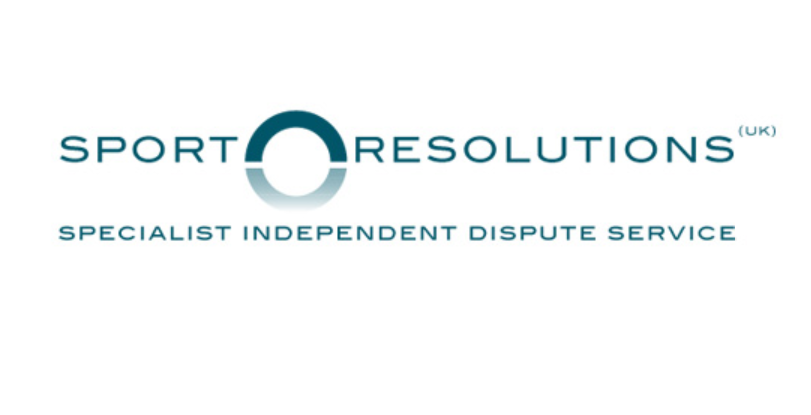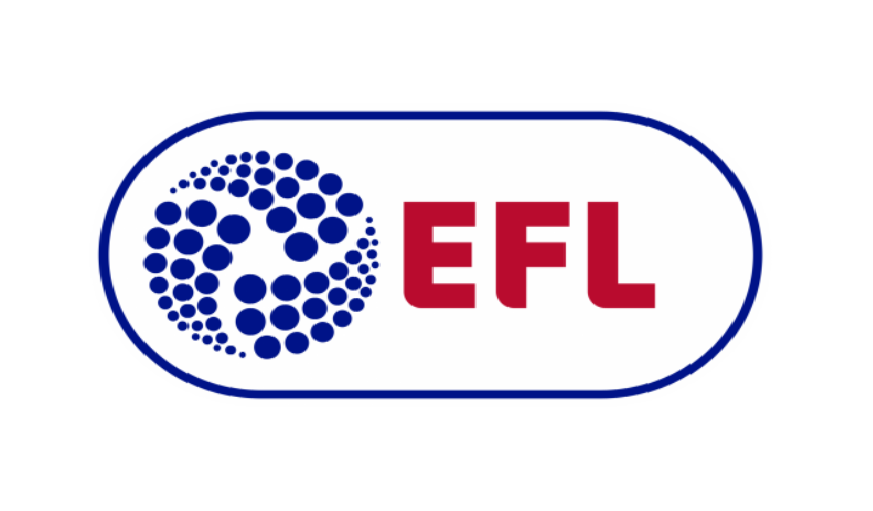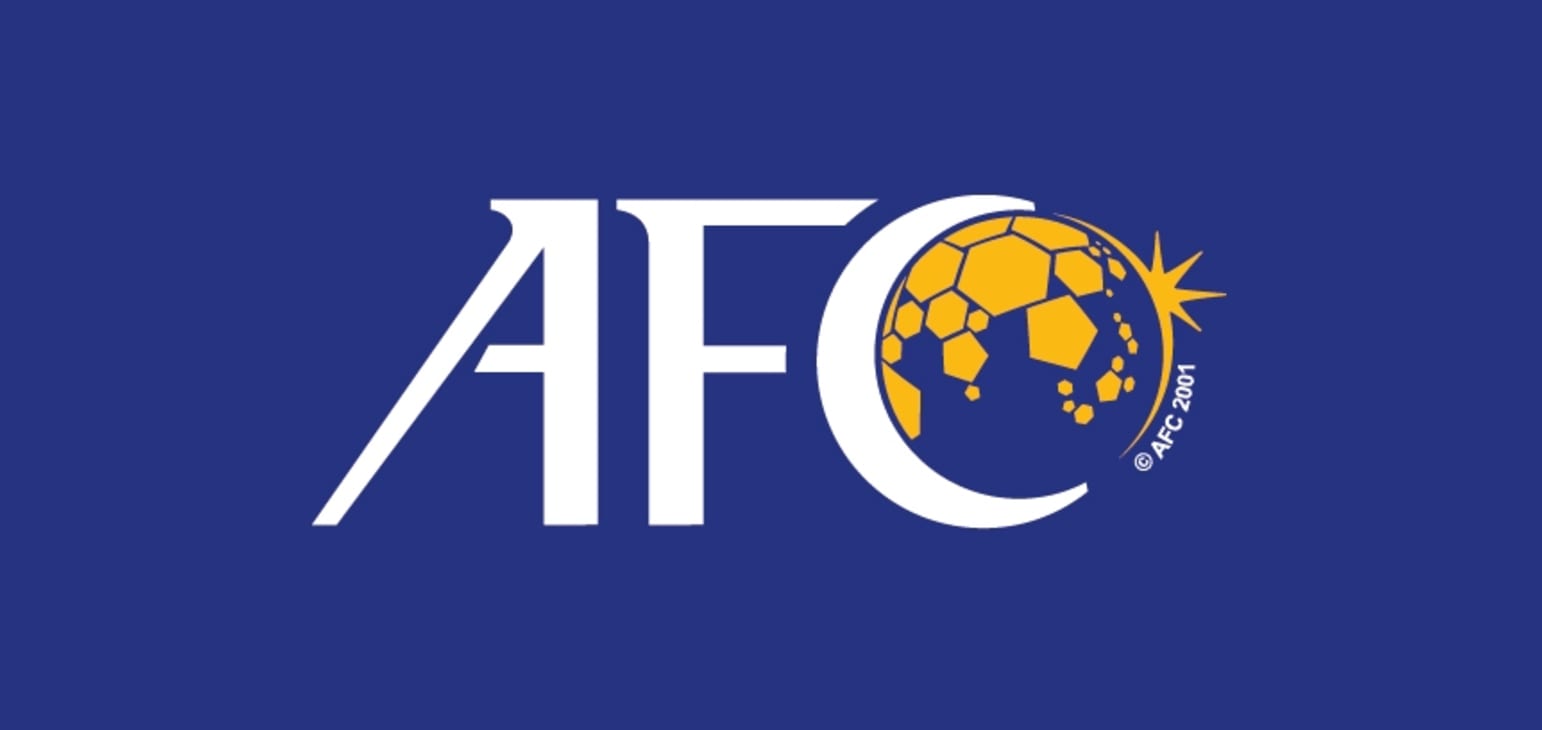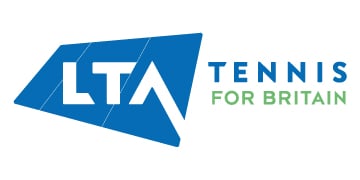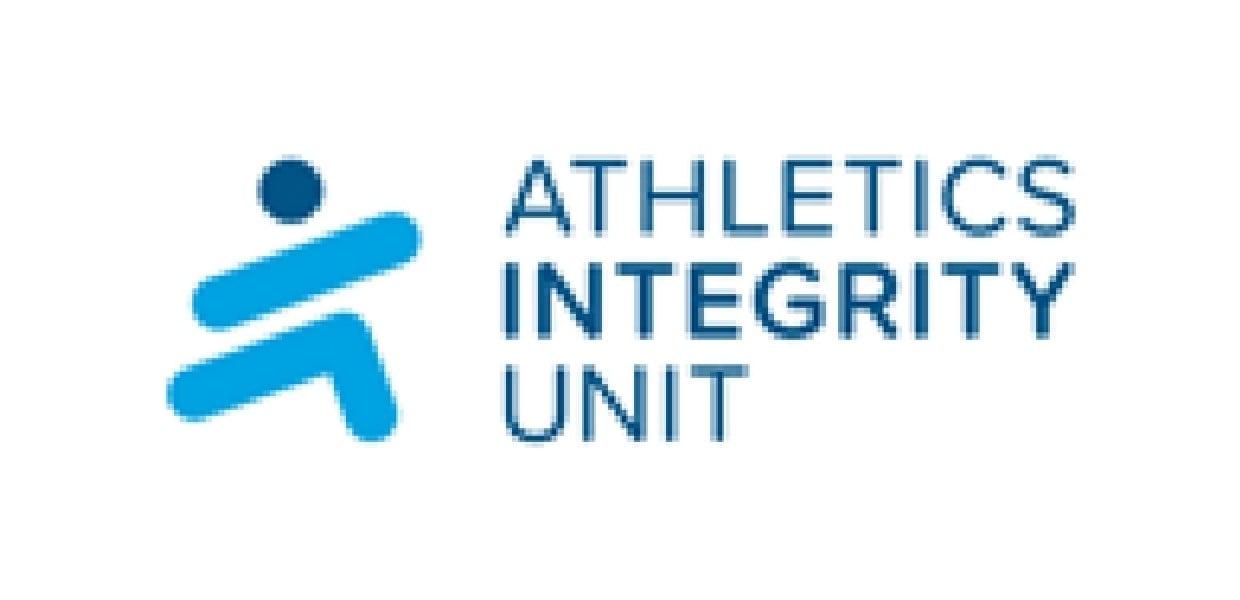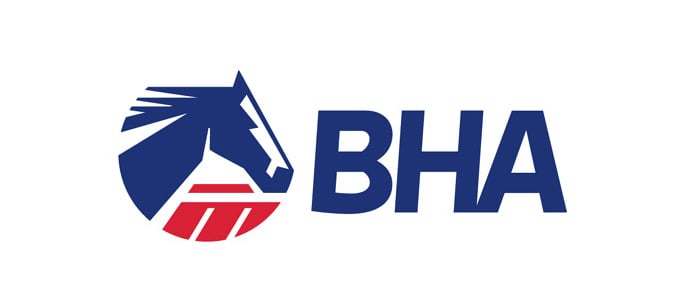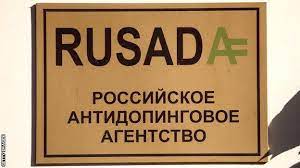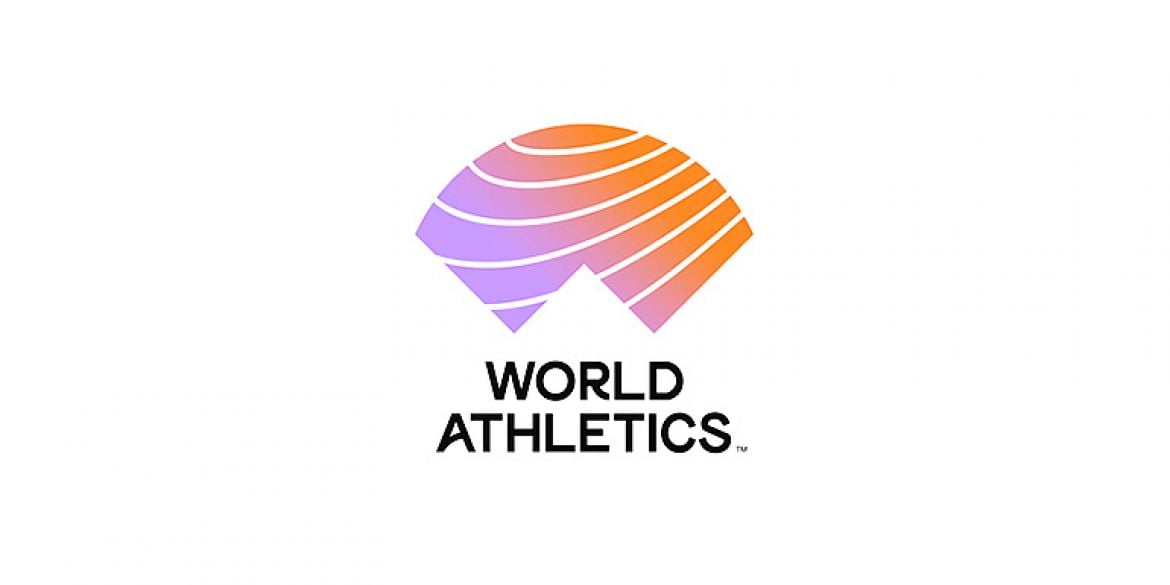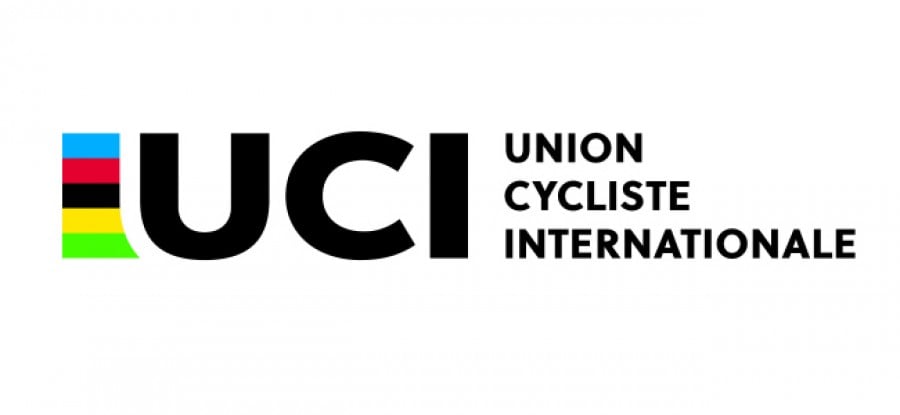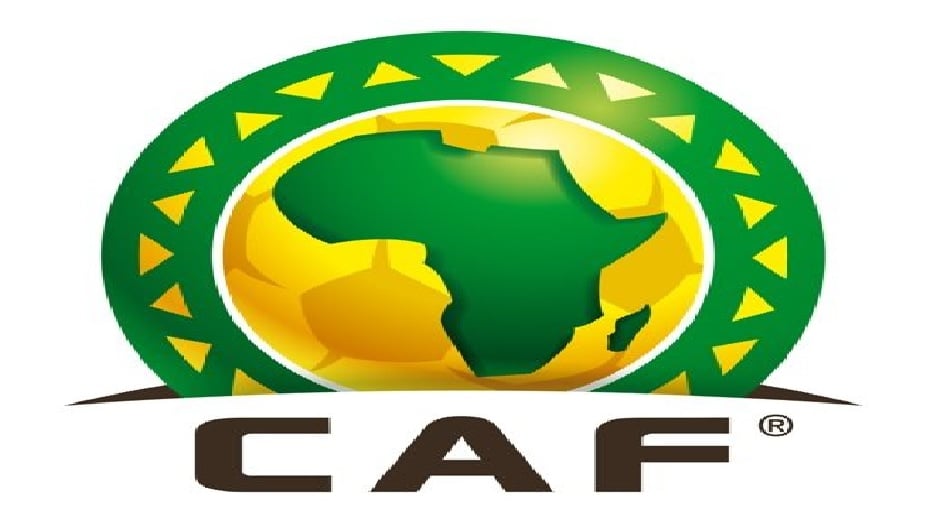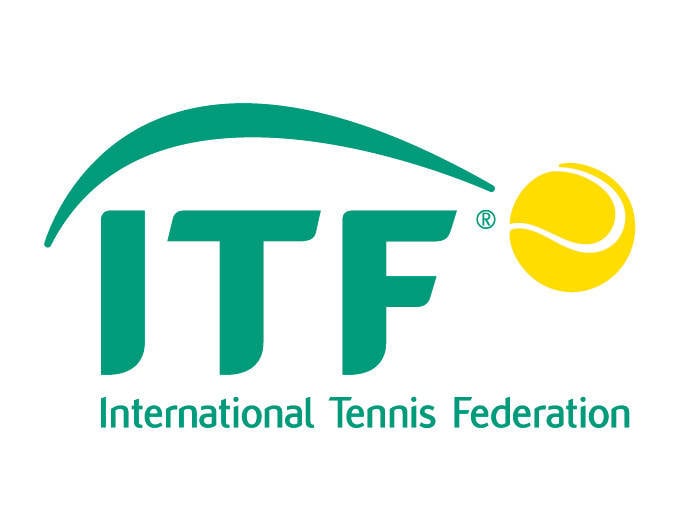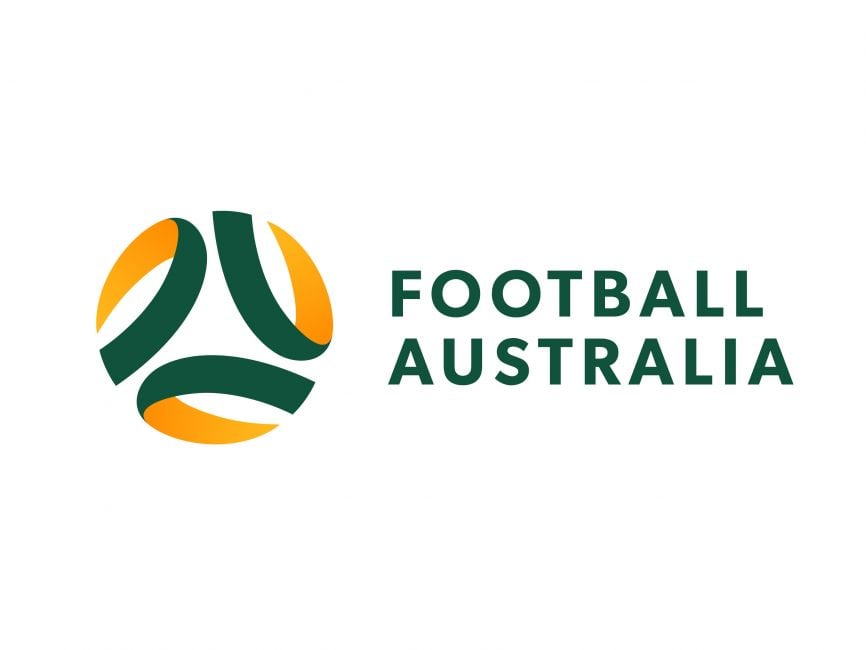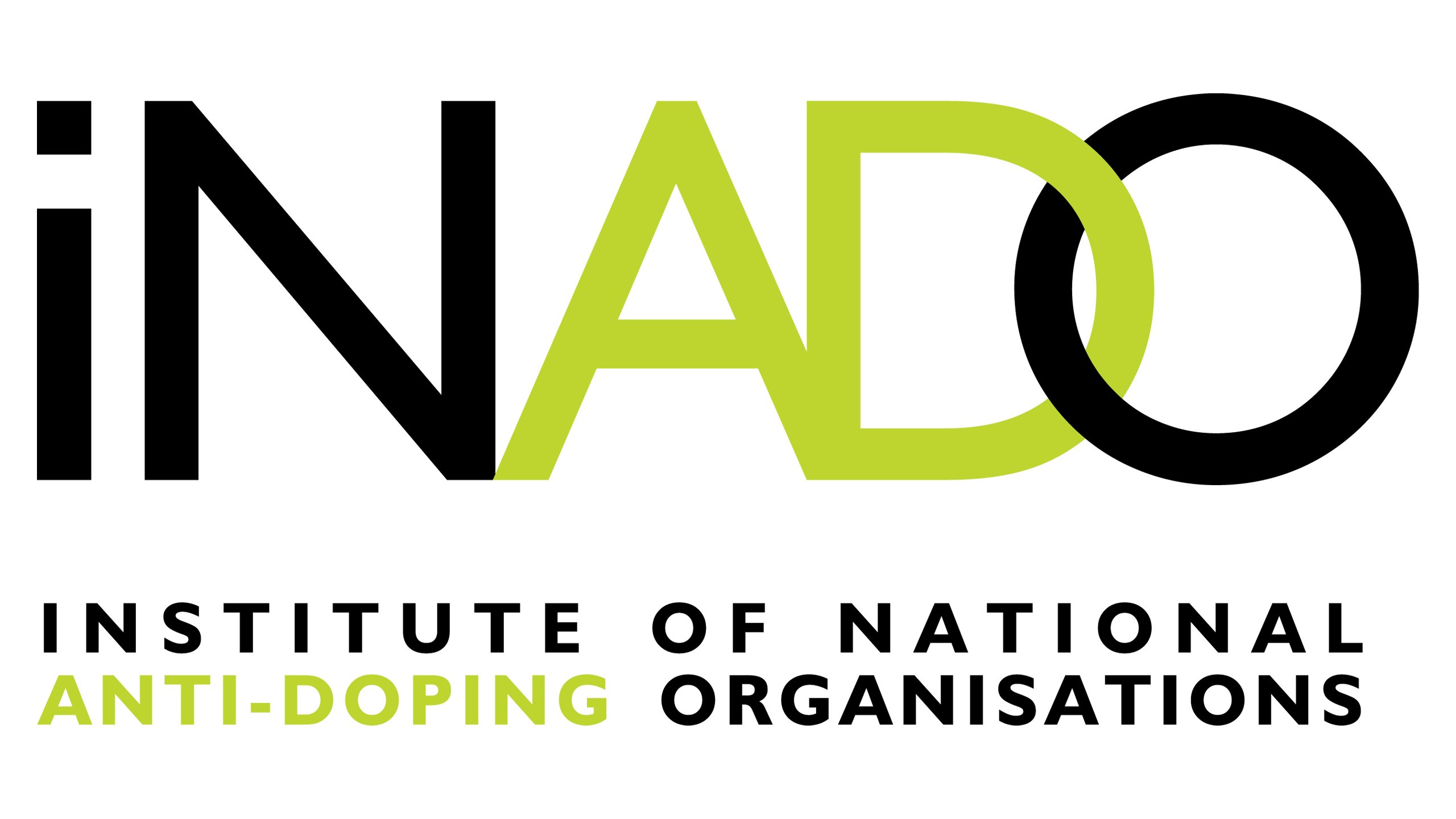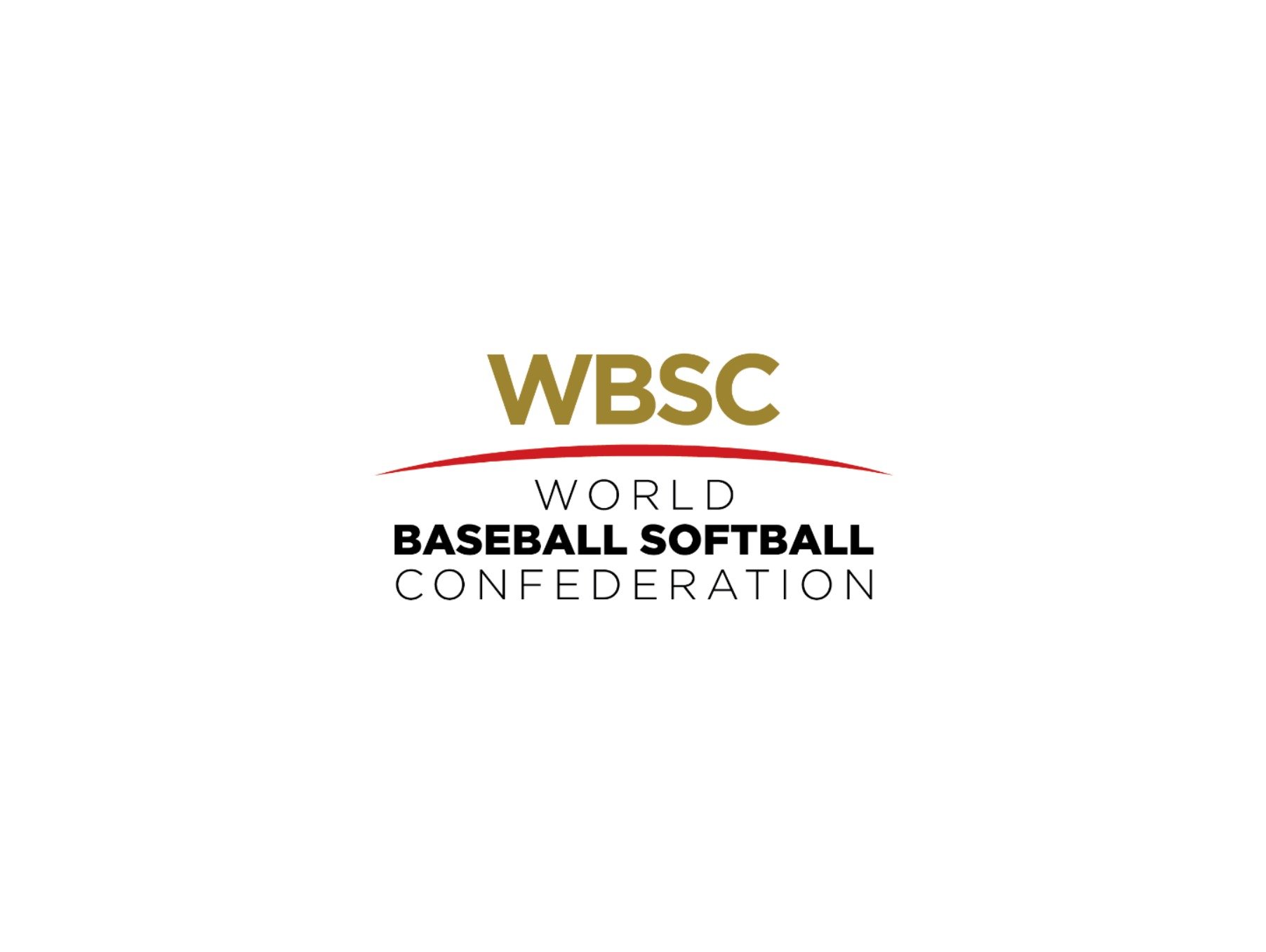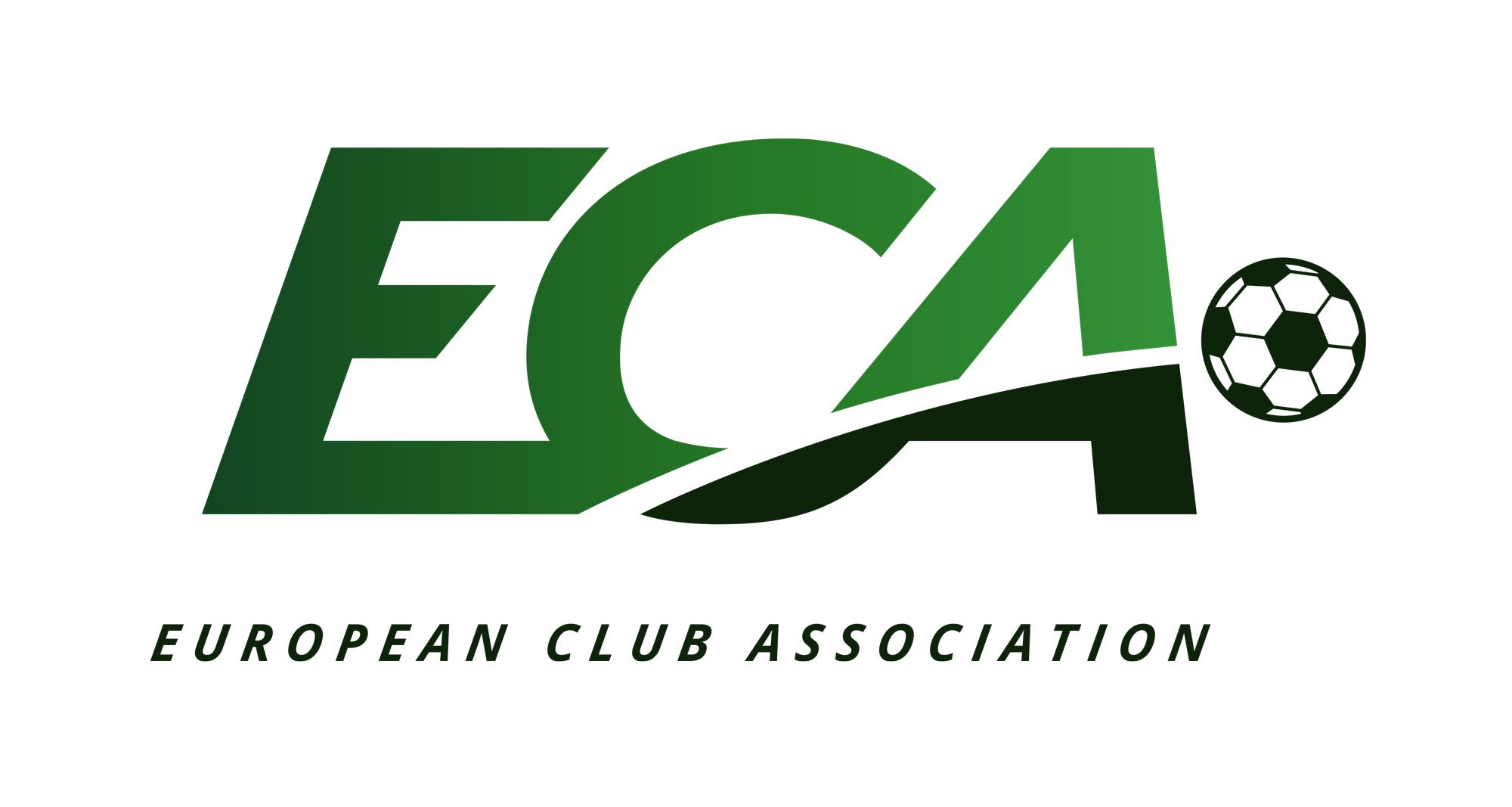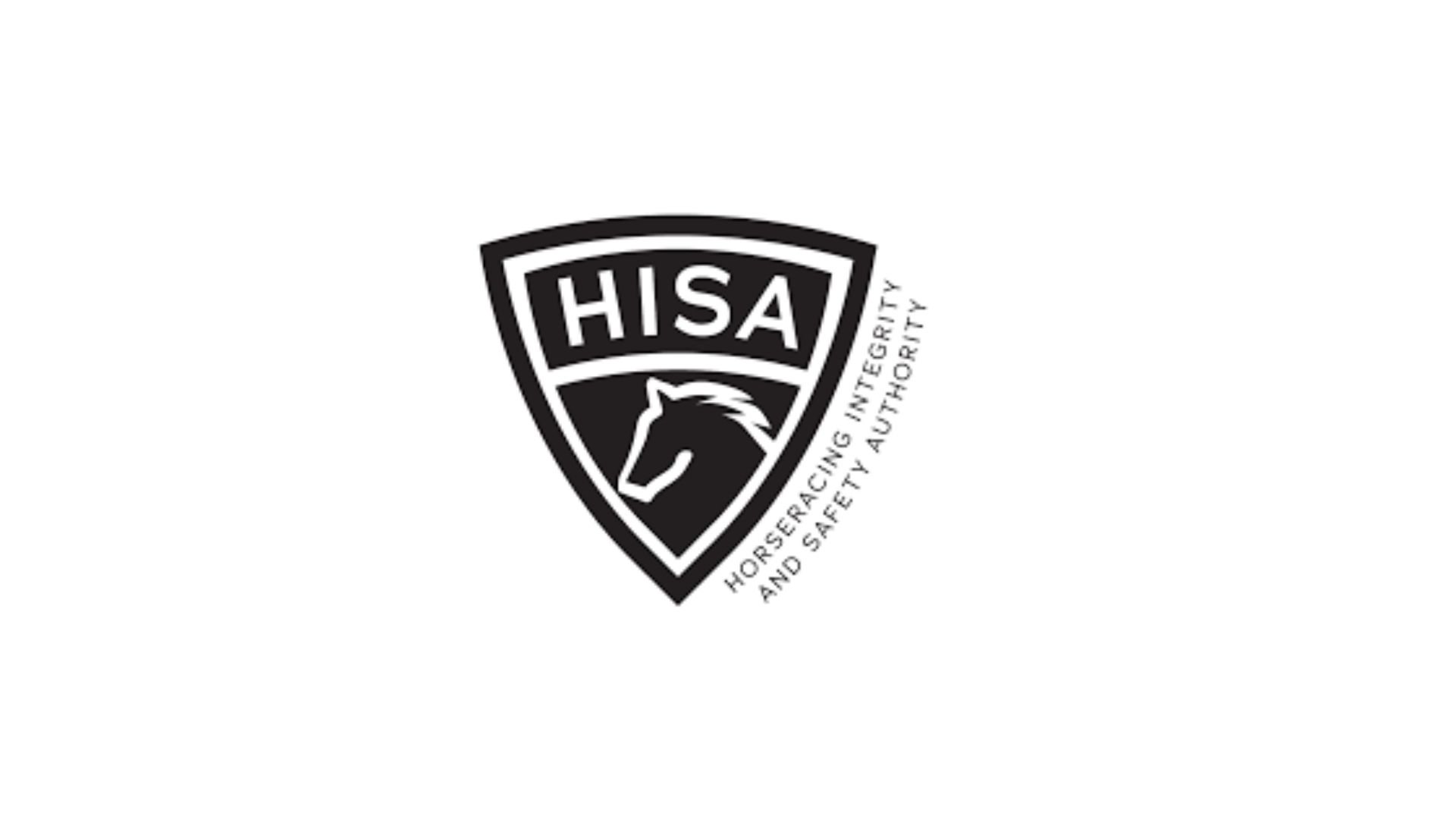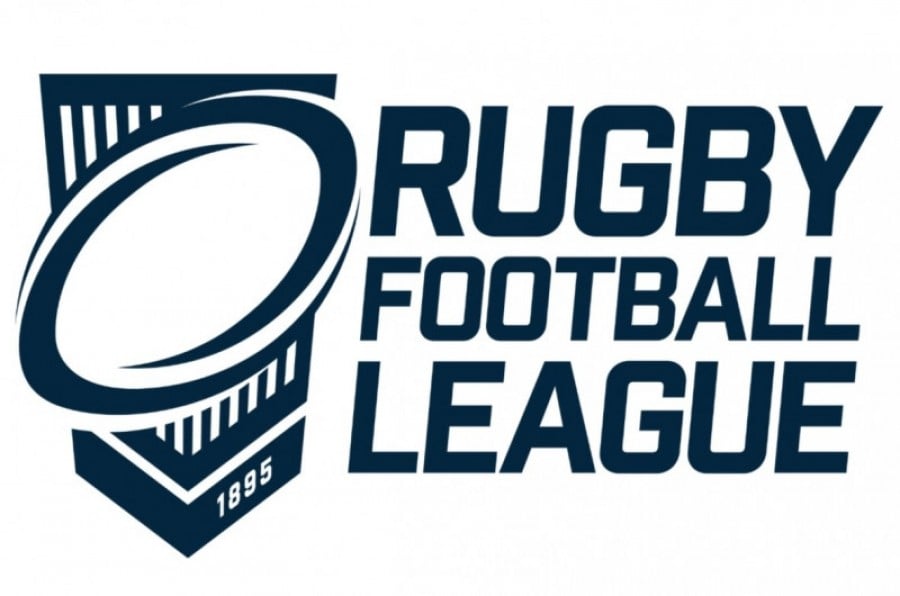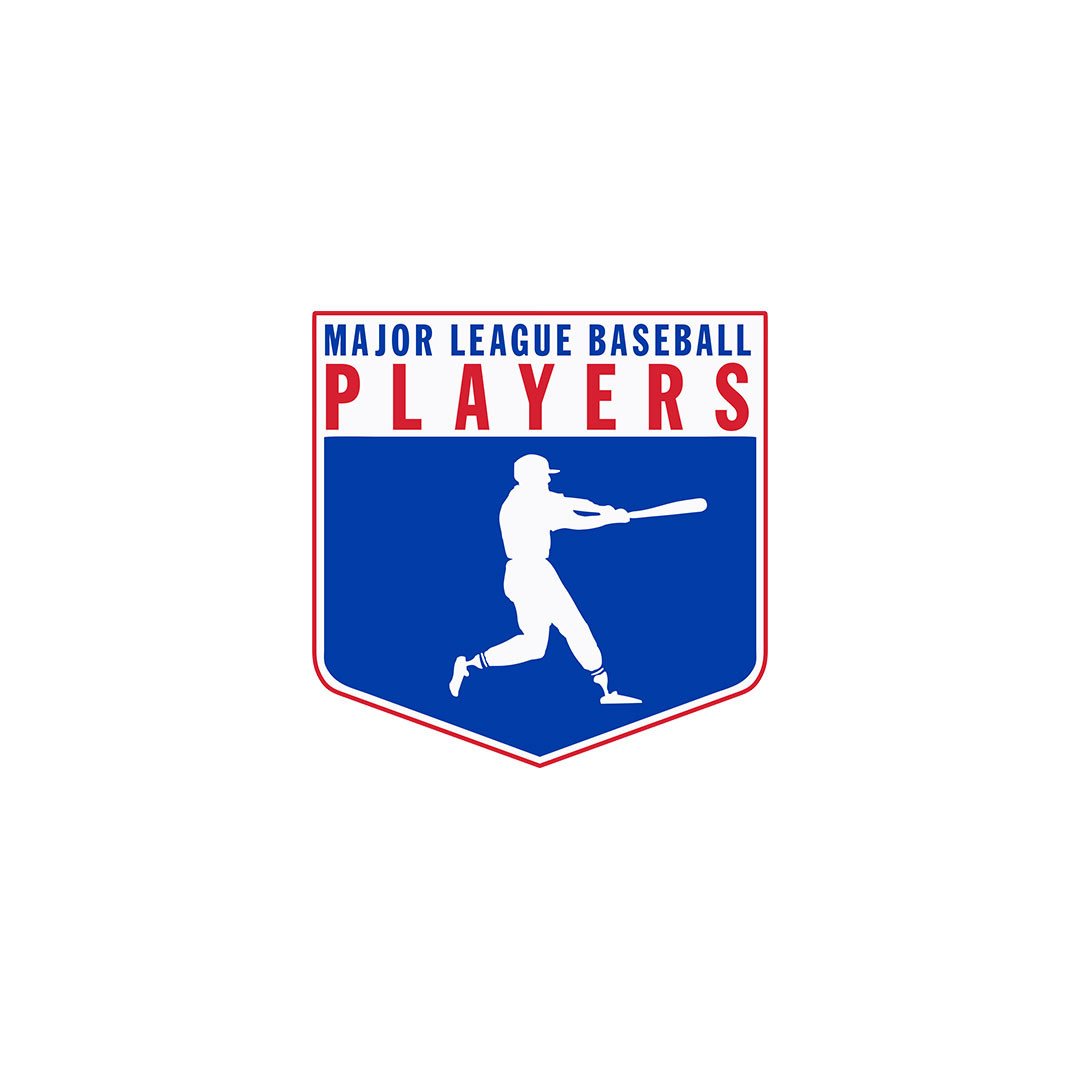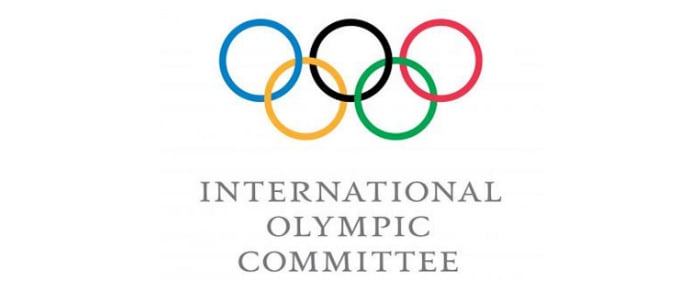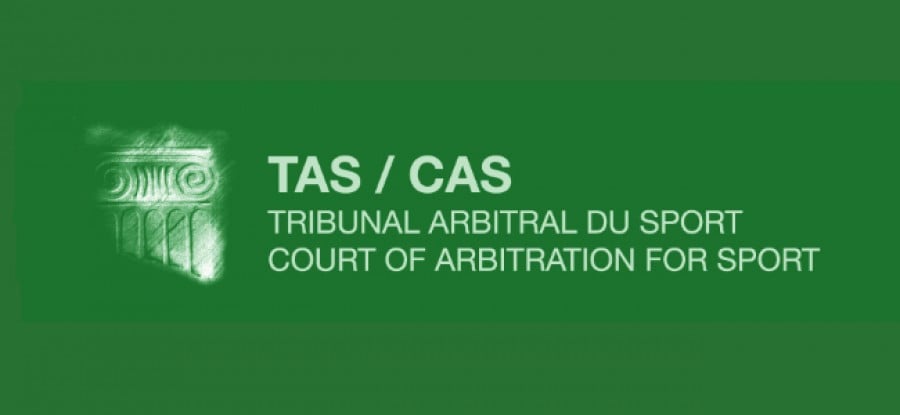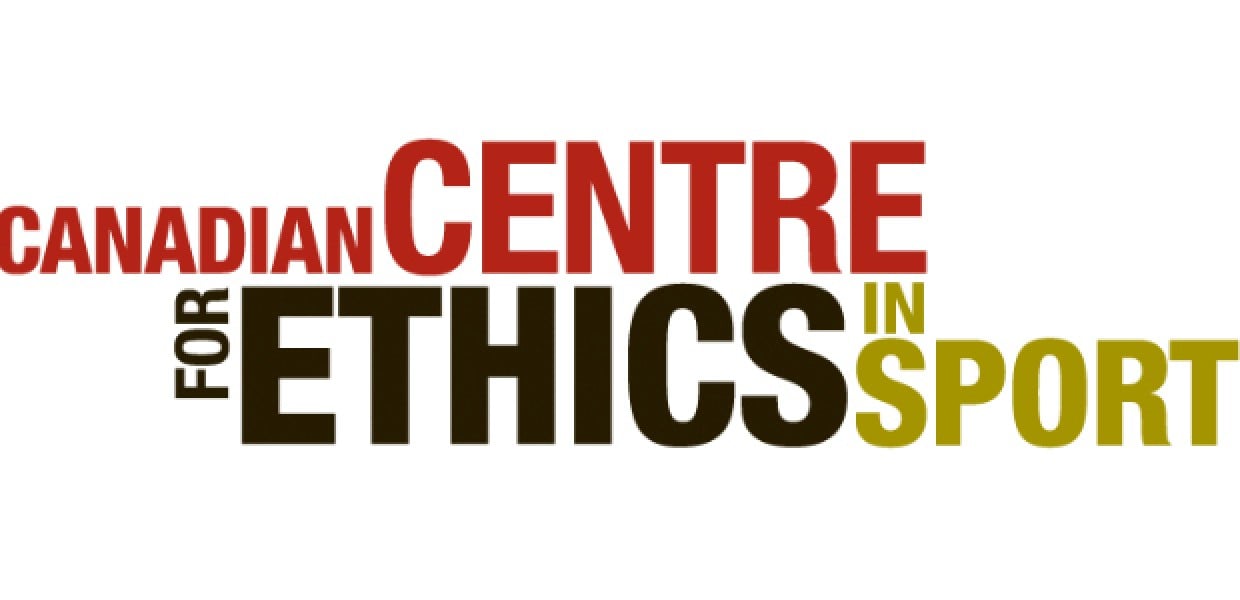FIFA Independent Ethics Committee sanctions Former President of the Peruvian FA & Member of CONMEBOL
Independent Regulatory Commission's Sanctions in relation to Fulham FC
The CFRP has ratified the Agreed Decision between the EFL and Reading Football Club.
Club Financial Reporting Unit: Reading Football Club sanctioned for breach of EFL's Profitability and Sustainability Rules (P&S)
SAFF underlines importance of Child Safeguarding at SAFF U17 Women’s Championship
AFC condemns unprovoked attack on Al Husseini Stadium by Israeli forces
Premier League confirms that Crystal Palace FC has been fined by an independent commission for breach of League Match requirements under Rule L.31
LTA Statement on Russian and Belarusian players at events in 2023
Anti-Doping Steering Committee presents first Report to Kenyan Government
ATHLETICS INTEGRITY UNIT, 1 1 ST FLOOR, 6 QUAI ANTOINE 1ER, MC 98007, MONACO PRESS RELEASE ANTI-DOPING STEERING COMMITTEE PRESENTS FIRST REPORT TO KENYAN GOVERNMENT
31 MARCH 2023, MONACO: Member of the Anti-Doping Steering Committee spearheading the fight against doping in Kenyan athletics, Brett Clothier, says the Kenyan Government’s US$25 million commitment to the special project for the next five years gives the Committee the financial muscle to deal with the major problem.
Speaking in Nairobi today as the Committee presented its first Kenya Anti-Doping Report to the Kenyan Government, Clothier – who is Head of the Athletics Integrity Unit (AIU) – lauded the Government for supporting the eradication of doping in Kenyan athletics.
“We must commend the Government of Kenya for the excellent commitment, which will help neutralise the doping menace and keep Kenya’s athletics arena clean. This will be a long road, but as the AIU, we are very glad to contribute to this government initiative that seeks to end doping in Kenya,” said Clothier.
The Anti-Doping Steering Committee – comprising representatives from the AIU, the Anti-Doping Agency of Kenya (ADAK) and Athletics Kenya (AK) – has developed a roadmap geared at combatting the doping scourge among Kenyan athletes, with a view to reducing doping substantially. Among the plans outlined in its first report, the Committee has indicated it will draw upon the extensive expertise of a multiagency team to investigate and prosecute doping matters. It will also increase testing among Kenyan athletes as well as enhance educational and integrity programmes for athletes and athlete personnel. Clothier stressed, however, that in its quest to clean up Kenyan athletics, the Steering Committee expects to initially be confronted with a higher number of doping cases as it ramps up testing and its overall integrity vigilance.
Principal Secretary for the State Department for Sports, the Honourable Jonathan Mueke, and Chief Administrative Secretary for the department, the Honourable Wesley Korir (2012 Boston Marathon winner), received the report on behalf of the Kenyan Government. Mueke commented that the report presented an implementation strategy that will see Kenya eradicate doping from its sporting ecosystem.
“The ministry is satisfied with the work that has been done by this Committee, culminating in the establishment of this report,” he said.
“We are confident that, with the strategies contained in this report, we are going to completely bring the doping menace under control in Kenya.”
Stating that doping is a matter of strategic interest to Kenya, Mueke stressed no effort will be spared to ensure the scourge is neutralised. He challenged Kenyan athletes to continue flying the Kenyan flag high by running cleanly.
Athletics Kenya President Lt Gen. Jackson Tuwei added that Kenya is a globallyknown sporting nation – an athletics powerhouse – and therefore it is the country’s responsibility to maintain an international reputation of competing without cheating.
The UCI welcomes and supports the clarity of the statement made by the IOC on the participation of athletes with a Russian or Belarusian passport in international competitions
Adjustments to new whip rules
As part of the ongoing roll out of the new whip rules the British Horseracing Authority (BHA) has engaged in ongoing communication with the Professional Jockeys Association (PJA) and senior jockeys from both codes.
As a result of this constructive dialogue and the BHA’s monitoring of bedding-in period and implementation, a selection of small adjustments have been introduced to the rules and processes involved, as below.
Brant Dunshea, Chief Regulatory Officer for the BHA, said:
“We are very grateful to the PJA and to our jockeys, both for the manner in which they continue to adapt to riding under the new rules, and their constructive engagement with the process which has helped bring about these further improvements.
“We will continue to liaise with the PJA and jockeys as we continue the roll-out and embedding of the new rules.”
- Repeat offences
Currently any rider who commits three offences of any type is referred to the Independent Judicial Panel. However, on an interim basis, the rule has been changed such that:
- Any jockey will be referred to the Independent Judicial Panel following their third above permitted level-only offence within a six-month period.
- However, a jockey will not be referred to the Independent Judicial Panel after just three ‘technical’ offences.
- Instead, once a jockey commits five offences of any type (this can be a combination of above permitted level and other misuse offences) within a six-month period they will be referred to the Independent Judicial Panel.
- Should a jockey be referred for either three above permitted level offences or five offences of any type, then these offences drop off their referral record so a jockey cannot be referred twice for the same offence
This is to distinguish between offences for use above the permitted level and those offences which are in relation to technique, as jockeys continue to adjust their riding styles.
This is an interim adjustment which has been put in place until the BHA and PJA hold a formal review in the summer after full implementation across both codes has passed.
- Suspension dates
During initial drafting of the rules it was intended that a suspension imposed by the Whip Review Committee (WRC) should be imposed 14-days from the date of the referral by the stewards.
However, following discussions with the PJA it was felt that there could be several occasions where there would be insufficient time for a jockey referred to the WRC (and suspended) to lodge an appeal, and for it to be heard prior to the suspension.
The position agreed therefore was that all suspensions imposed by the WRC should start 14-days from its written decision.
Having been through the bedding-in period, and with suspensions now being imposed, the PJA and its members have asked to have the option to serve a suspension as if imposed by stewards on a raceday.
Therefore, jockeys in receipt of a notice of suspension from the WRC will now have the option of requesting that the suspension commences 14 days after the date of the referral by the stewards, should they not wish to appeal the penalty.
Otherwise the suspension will be served 14 days from the date of the WRC decision.
- Riding fees
The rule has now been changed such that should a rider be disqualified from a race due to excessive use of the whip they will also forfeit their riding fee.
- Whip Review Committee meetings
The Whip Review Committee will now switch to meeting twice a week rather than once.
The basic structure of the WRC’s meetings will be as follows:
|
Meet |
Rides considered |
|
Tuesday |
Previous Thursday – Sunday |
|
Friday |
Previous Monday – Wednesday |
The next meeting of the WRC will be on Friday 31 March, covering rides from Monday 27 to Wednesday 29 March.
- Without regard to stride
References to the misuse offence ‘Without Regard to Stride’ (double strike) have been removed from the Whip Guidance. Offences of this nature will now instead be categorised as Without Time to Respond.
Sanctions: Guk Natalya (bodybuilding)
Clothier Tells Kenyan Athletes 'We Need Your Help'
CLOTHIER TELLS KENYAN ATHLETES ‘WE NEED YOUR HELP’
29 MARCH 2023, MONACO: Athletics Integrity Unit (AIU) Head Brett Clothier has urged Kenyan athletes to disclose everything they know about doping in their country.
Midway through his one-week visit to the East African nation to discuss the athletics doping crisis with the authorities, he addressed an estimated 300 athletes, coaches and other support personnel in two meetings in Kapsabet (Nandi County) and Iten (Elgeyo Marakwet County) today. While praising the Kenyan Government for its US$25-million support during the next five years to combat doping in athletics, Clothier told local athletes they too have a role to play in ensuring the integrity of their sport.
“It’s good to uncover the doping cases but we also need to educate athletes on the do’s and don’ts as one way of making sure the sport is clean.
“If you see something suspicious, you just need to talk to law enforcement or the federation (Athletics Kenya) as one way of protecting the sport. We are asking for your help,” he declared.
The AIU Head disclosed the US$5 million additional funding annually from government will help to strengthen the country’s testing and education programmes for Kenyan athletes in a bid to reduce the number of Anti-Doping Rule Violations (ADRVs) which have risen significantly in recent years. It’s a problem, he noted, which requires the multi-pronged approach which the Kenyan Government is adopting.
“As a regulatory body, we are advocating for clean sports and Kenya has shown support by bringing in the ministry of sports, the poisons and pharmacy board, law enforcement, the anti-doping agency, among other stakeholders and we are glad that this will help in reducing the numbers (of doping cases) witnessed in the past. It’s a long road. It’s not going to be easy, but we have got the right platform,” said Clothier, adding that Kenya must use the opportunity of not being sanctioned by World Athletics to curb the doping prevalence.
During a courtesy call at his office, Nandi County Governor Stephen Sang said there needs to be clear roles in the fight against doping even as the national government brings in more stakeholders.
“I believe coming up with the right working framework will give the county governments a role to play because, when an athlete is flagged down, we don’t know what to do but instead try to hide because it is a shame. We all need clean sport and Kenya has to go back to where it was in terms of winning medals and practising fair competition,” said Sang.
Athletics Kenya President Lt Gen. Jackson Tuwei encouraged athletes to be honest and to run their own race, rather than resort to taking prohibited substances.
Athletics Kenya Youth Development Director Barnaba Korir contended that regulations regarding the certification of coaches and camps countrywide is one way of trying to regulate the industry.
In Iten, former 1,500-metre World champion Asbel Kiprop reasoned the mandatory one-hour Whereabouts period for athletes on the Registered Testing Pool has been a challenge for many athletes and called for it to be extended to a 90-minute period.
Another athlete, Carolyne Chepkosgei, asked Athletics Kenya to provide sports psychologists to counsel athletes who have been suffering.
“Many athletes have been through a lot of problems and maybe this is where the doping menace started,” she surmised.
“There is need to have sports psychologists who are able to guide athletes on the need to be on the right track in the sport.”
Rugby League player Robert Oakley banned for three-years for Anti-Doping Rule Violation
World Athletics Council decides on Russia, Belarus and female eligibility
Sanctions: Amriyev Alan (wrestling)
The UCI launches a campaign dedicated to the protection of individuals in cycling
Professional boxer Amir Khan banned for two years following Anti-Doping Rule Violation
A decision in the case of UK Anti-Doping (UKAD) against Amir Khan has been issued by the National Anti-Doping Panel.
Premier League Board commissioned an independent investigation into allegations of racial discrimination in the workplace.
CAF rolls out Safeguarding workshops ahead of African Schools Football Championship
‘Another Significant Step Towards Gender Parity'
Football Australia has initiated the process to develop a transgender and gender-diverse high performance inclusion policy
Is the anti-doping system better prepared to prevent institutionalized doping? Opinions by Graeme Steel and Joseph de Pencier.
ITF Statement - Russian and Belarusian Athletes Entry into UK Events
WBSC publishes first annual Governance Report in line with WBSC Strategic Plan 2022-2028
iNADO Workshop: Women & Anti-Doping: Summary
FIFA removes Indonesia as host of FIFA U-20 World Cup 2023™
Sanctions: Pravdina Mariya (bodybuilding)
ECA heralds greater Membership Representation and Inclusivity through major Governance Reforms
A New Era in Racing: HISA’s Anti-Doping and Medication Control (ADMC) regulations
Anti-Doping Testing & Ramadan
Fencers Join Thousands of Canadian Athletes Calling for a National Judicial Inquiry.
WBSC releases new #Safecall guidelines for events
Incident of Misconduct - Crowd Control Nuneaton Borough FC, Southern League
A decision in the case of World Athletics (WA) against Eglay Nalyanya has been issued by the Disciplinary Tribunal.
Wigan Warriors’ Willie Isa will miss Good Friday’s Betfred Super League Rivals Round derby against St Helens after losing his appeal against a one-match suspension.
Football Australia approves national football agents regulations
NBA and NBPA reach Tentative Deal on New Collective Bargaining Agreement
FIFA Circular no. 1839 Zurich - Amendments to the Regulations on the Status and Transfer of Players
Minor League Players overwhelmingly approve historic first collective bargaining agreement
IOC announces USD 10 million fund to strengthen safe sport and creates working group to coordinate Olympic Movement safeguarding efforts
Forced out of a club: A player’s 12-month struggle for justice Fair Trial and Due Process
The CAS confirms the life ban imposed on Rosnick Grant, Former Vice-President of the Haitian Football Federation, following acts of harassment and sexual abuse
In the proceedings between Mr Rosnick Grant and the Fédération Internationale de Football Association (FIFA), the Court of Arbitration for Sport (CAS) has decided to confirm the life ban imposed on Mr Rosnick Grant, former Vice-President and Head of Referees of the Haitian Football Federation (FHF), by the Adjudicatory Chamber of the FIFA Ethics Committee for violation of Article 23 (protection of physical and mental integrity) and Article 25 (abuse of power) of the FIFA Code of Ethics in connection with acts of harassment, sexual abuse, threats and coercion against female referees. The fine of CHF 100,000 initially imposed on Mr Rosnick Grant was reduced to CHF 35,000.
In May 2020, the Investigatory Chamber of the FIFA Ethics Committee opened an investigation into Mr Yves Jean-Bart, former President of the FHF, who was suspected of having coerced several female players from the National Technical Centre in Croix-des-Bouquets into having sexual relations with him. During the proceedings, the Investigatory Chamber identified Mr Rosnick Grant as one of the perpetrators of sexual abuse and opened an investigation against him in August 2020. On 22 July 2021, based on the final report of the FIFA Ethics Committee, the testimony of a victim, the statements of Mr Rosnick Grant, and the statements of the Chairman of the Investigation Chamber of the FIFA Ethics Committee, the Adjudicatory Chamber of the FIFA Ethics Committee issued the Challenged Decision.
On 6 October 2021, Mr Rosnick Grant filed an appeal at CAS requesting the annulment of the Challenged Decision, claiming that he was innocent of the charges against him. A CAS Panel of three arbitrators, composed of Mr Alexander McLin, President (Switzerland/USA), Prof. Gérald Simon (France) and Mr José J. Pintó (Spain), was constituted to decide the appeal. A hearing was held on 15 and 16 February 2023, during which numerous witnesses were heard, some of whom benefited from special protective measures.
As a basis for its decision, the Arbitral Panel considered the testimony of a victim, who had travelled to Switzerland for the hearing, to be accurate, coherent and credible. The Panel also noted the inconsistency and imprecision in the statements of the witnesses called by Mr Rosnick Grant, most of whom stated, in a contradictory and unconvincing manner, that the accusations against Mr Rosnick Grant were the result of a conspiracy against him. Finally, the Arbitral Panel found that the fine imposed on Mr Rosnick Grant was disproportionate to the salary conditions he was subject to in Haiti.
In conclusion, the Arbitral Panel found that the evidence against Mr Rosnick Grant regarding the sexual abuse charges was sufficiently convincing and that, as a result, the sanction imposed on Mr Rosnick Grant by the Court should be confirmed, with the exception of the fine, which was reduced to CHF 35'000. This decision comes a few weeks after another CAS decision concerning the former President of the FHF, Mr. Yves Jean-Bart, who was released from the sanctions imposed on him by FIFA due to insufficient evidence. That CAS decision is currently being appealed to the Swiss Federal Tribunal.
Sanctions: Nabiulin Artem (freestyle)
The Canadian Centre for Ethics in Sport Signs on to Abuse-Free Sport
The Canadian Centre for Ethics in Sport (CCES) is pleased to announce that it has signed an agreement to join Abuse-Free Sport, the new independent program to prevent and address maltreatment in sport.
The CCES and its stakeholders (board members, employees, casual staff, volunteers, and contractors) will have access to the services of the Office of the Sport Integrity Commissioner (OSIC), which serves as the central hub of Abuse-Free Sport, effective March 29.
“The CCES recognizes that safe sport is everyone’s responsibility. We’re fully committed to doing our part to support a growing national movement that is changing the culture of sport in this country. As part of that commitment, we’re pleased to sign on to Abuse-Free Sport and to have the OSIC administer our safe sport complaints,” said Jeremy Luke, CEO and President of the CCES.
In addition to the CCES joining the Abuse-Free Sport program, the current Independent Third Party (ITP) services led by Hugh Fraser will remain in place for complaints not covered by the the Universal Code of Conduct to Prevent and Address Maltreatment in Sport (UCCMS). Anonymous complaints can be submitted to the ITP by email to
Resources


